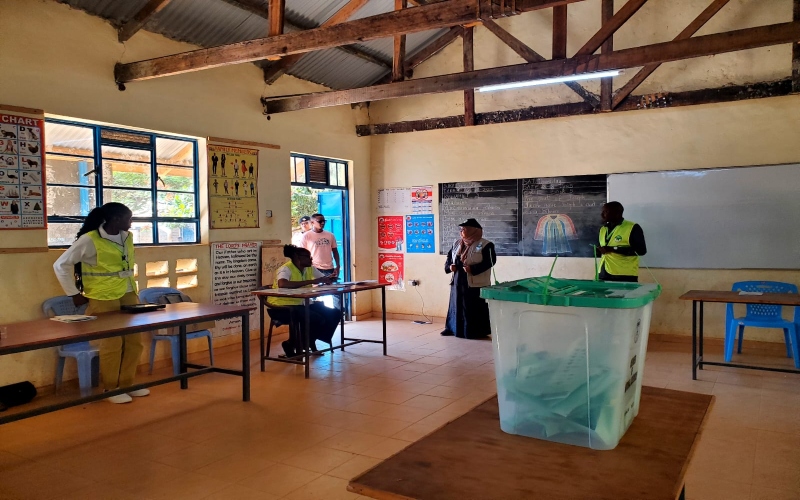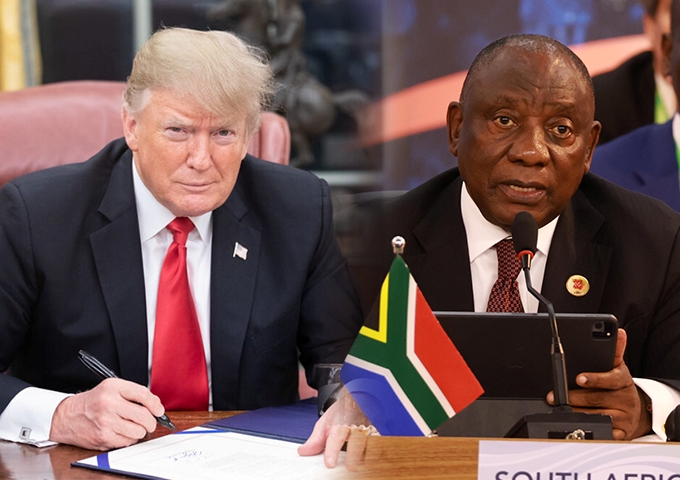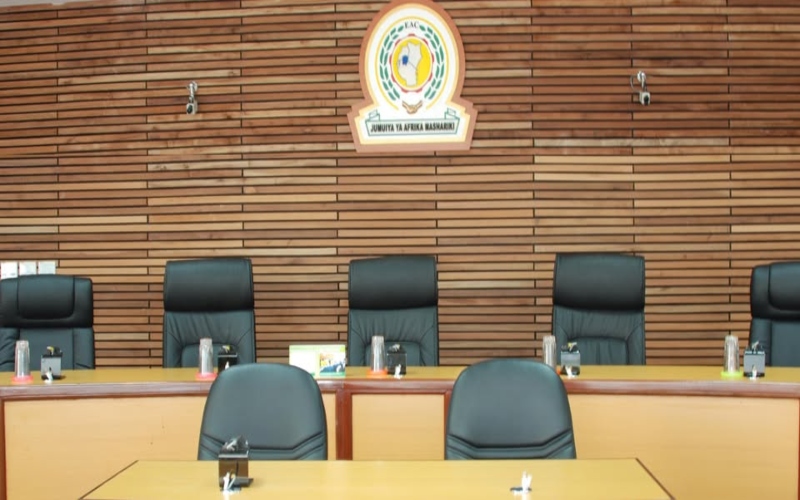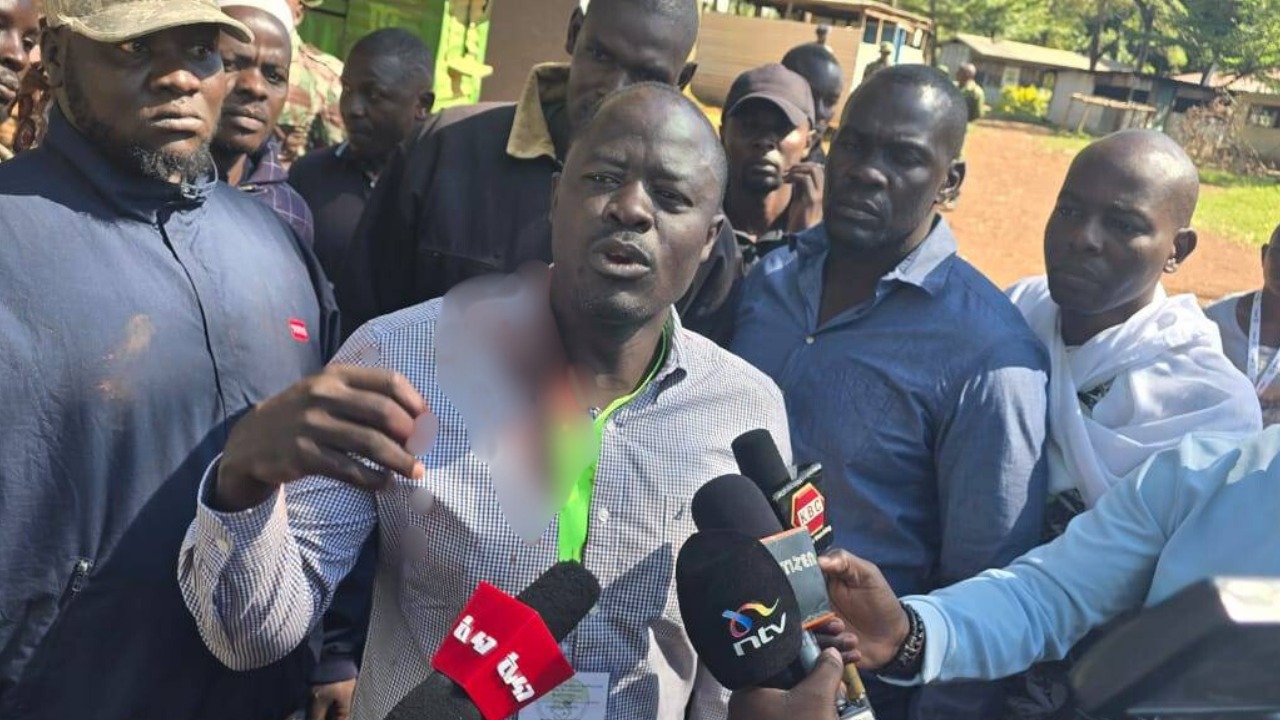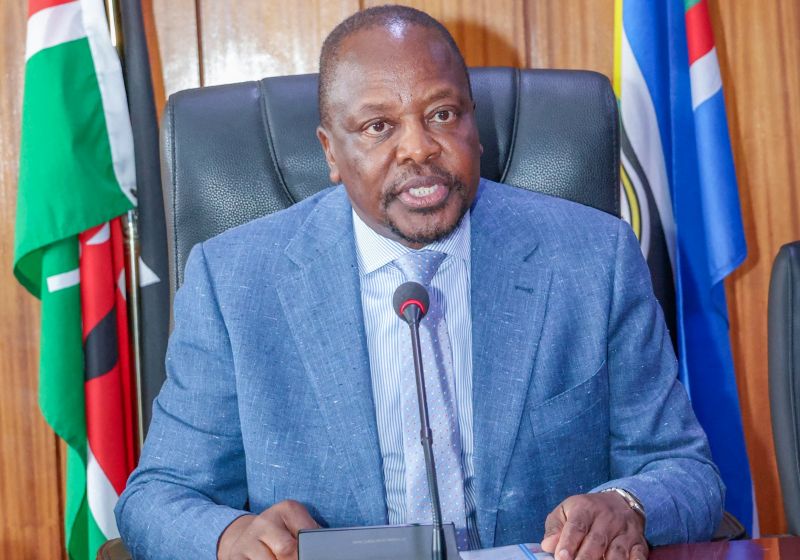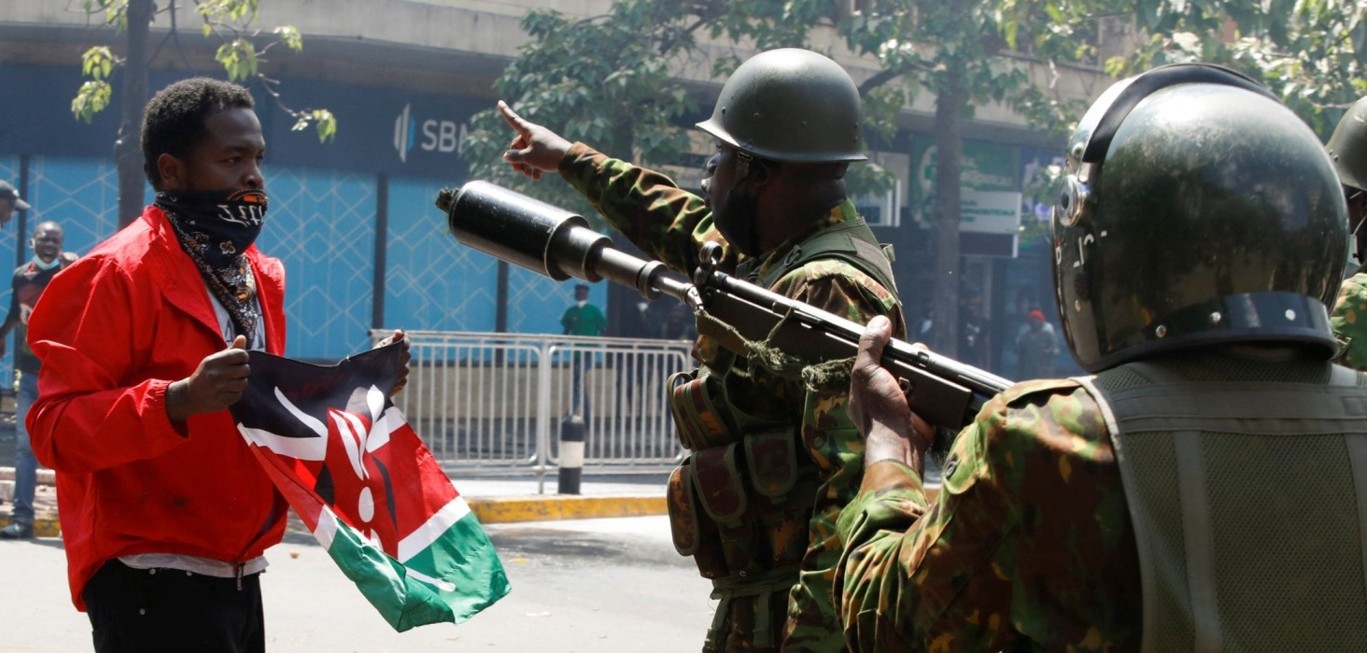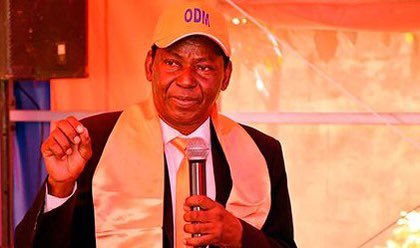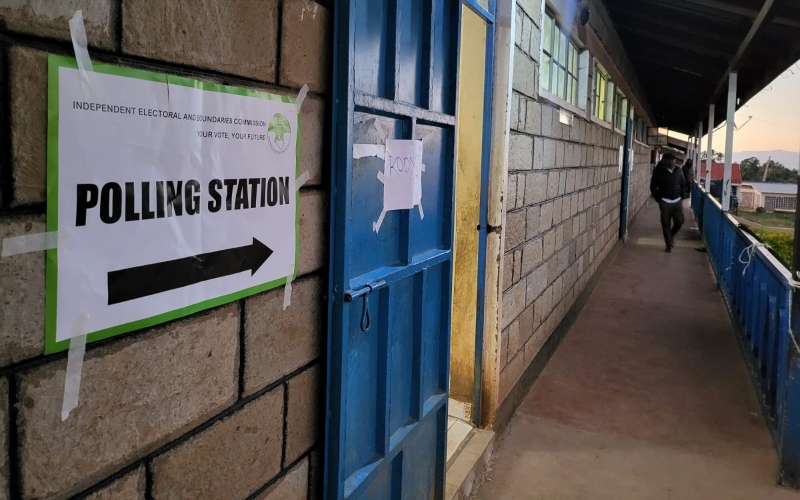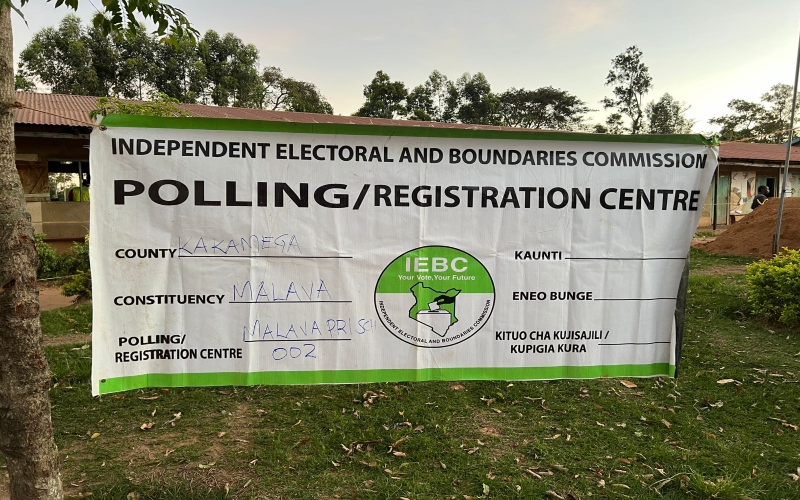AU mission in Somalia to increase troop size to 8,000 to counter Al-Shabaab
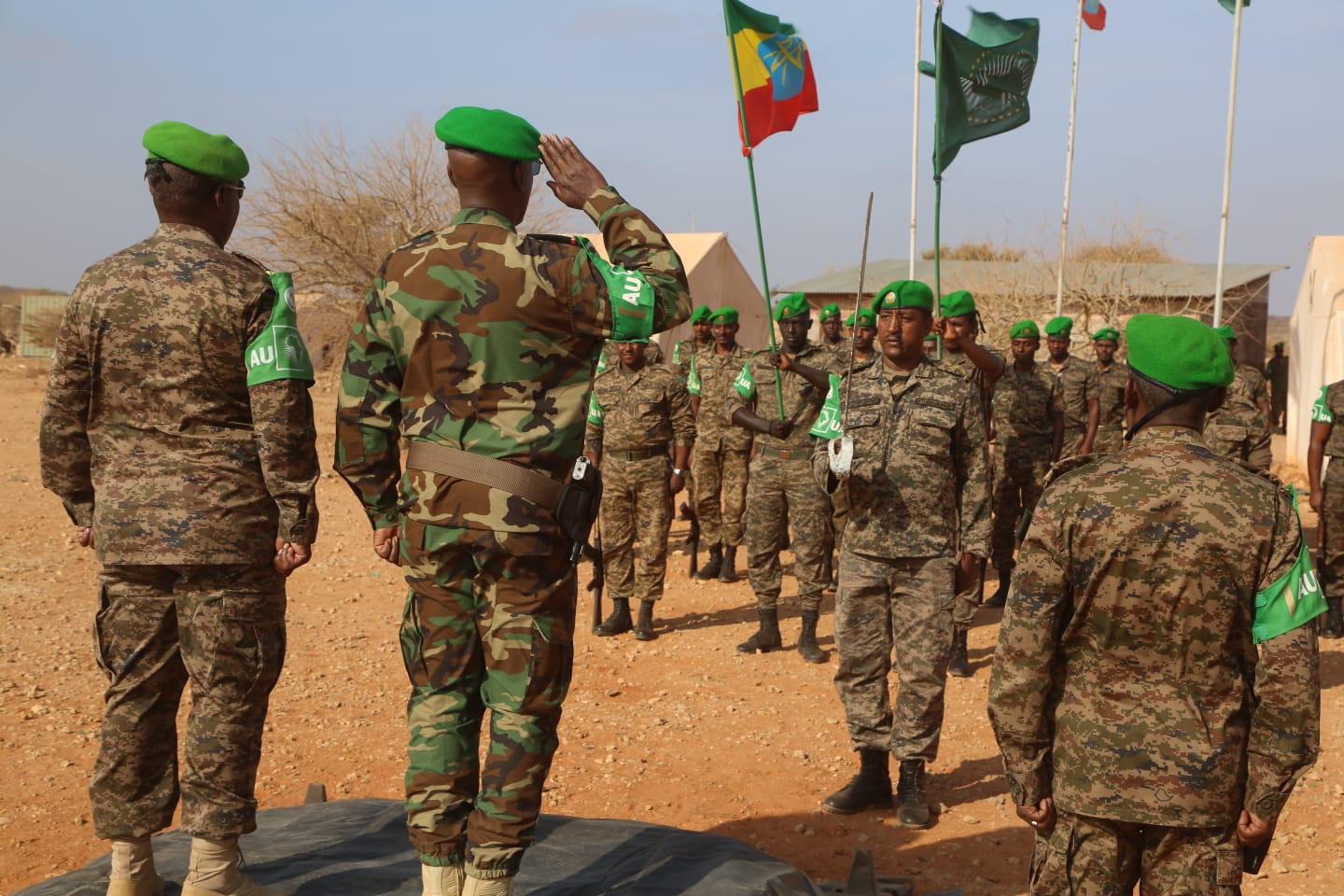
The ministers say bolstered numbers are crucial to regaining lost ground. If approved, the request would substantially increase the mission's capacity.
The African Union Support and Stabilisation Mission in Somalia (AUSSOM) is set for a significant increase in troop numbers following a high-level meeting of defence and foreign ministers from troop-contributing countries.
Ministers from Kenya, Uganda, Djibouti, and Somalia gathered in Kampala for urgent discussions, with Egypt also making a landmark appearance, marking its first contribution of troops to Mogadishu.
More To Read
- Somalia declares drought emergency as millions face hunger after failed rains
- International Rescue Committee warns millions at risk as drought intensifies across Northern Somalia
- Somali Region frees ‘121 unlawfully detained’ people, ‘pardons’ two jailed journalists, Rights Commission says
- Luanda Summit: Europe reinforces ties with Africa as competition intensifies
- AU calls for Africa’s permanent seat on UN Security Council
- South Sudan and Somalia eye group stage in FIFA Arab Cup 2025 qualifiers
The decision follows mounting concerns over Somalia’s ability to independently manage its security challenges, as Al-Shabaab militants continue to hold vast areas across central and southern Somalia.
Jacob Oboth, Uganda’s Minister for Defence and Veteran Affairs, emphasised the growing threat posed by the insurgents.
“It is essential that we counter the expanding influence of Al-Shabaab and reinforce the stabilisation efforts already underway,” he said.
Originally, the AUSSOM deployment had been capped at 11,900 troops. However, the ministers are now pushing for an additional 8,000 soldiers, arguing that bolstered numbers are crucial to regaining lost ground. If approved, the request would substantially increase the mission's capacity.
Somalia’s Foreign Minister, Ahmed Moalim Fiqi, also threw his weight behind the initiative. “With more AU soldiers, we will reclaim territories seized by Al-Shabaab. Somalia stands ready to cooperate fully in this mission,” Ahmed stated.
The call for reinforcements comes against a backdrop of strained international support.
Following a United Nations Security Council resolution in May 2019, a phased reduction of AU forces was mandated, with nations like Uganda and Burundi scaling back or withdrawing their troops. This move, critics now argue, may have been premature.
The troop-contributing countries lamented the insurgent advances that followed AU withdrawals. “The reduction of forces created a dangerous security vacuum,” a communique from the Kampala meeting read, indirectly challenging the Somali government’s 2023 claims of full readiness to manage the country’s security.
Mahmoud Ali Youssouf, Chairperson of the AU Commission, highlighted the urgent need for sustained international support.
“UN Security Council Resolution 2719 calls for predictable and sustainable funding for African-led peace operations. Global peace is a shared responsibility,” Mahmoud said.
The financial landscape for AUSSOM remains uncertain. The United States has scaled back funding commitments, and the European Union, heavily preoccupied with the war in Ukraine, faces limitations in financing African operations. Analysts warn that without fresh funding, not only the proposed new deployment but even the initially sanctioned 11,900 troops could be at risk.
The ministers also urged enhanced aerial surveillance and combat air support to bolster ground efforts. Recent weeks have seen Somali and AU forces struggle to contain Al-Shabaab militants, who capitalised on the peacekeepers' drawdown to seize key towns, including the strategic Adan Yabaal in the Middle Shabelle region.
AUSSOM, which succeeded the African Union Transition Mission in Somalia (ATMIS), was designed to be a leaner, more flexible force to accompany Somalia’s transition to full security autonomy.
However, without immediate reinforcements and financial backing, diplomats and analysts fear the mission may falter before achieving operational effectiveness.
Despite the setbacks, regional leaders remain optimistic. As Oboth noted, “Somalia’s victory against terrorism is within reach but only if we stand together, and act decisively.”
Top Stories Today
